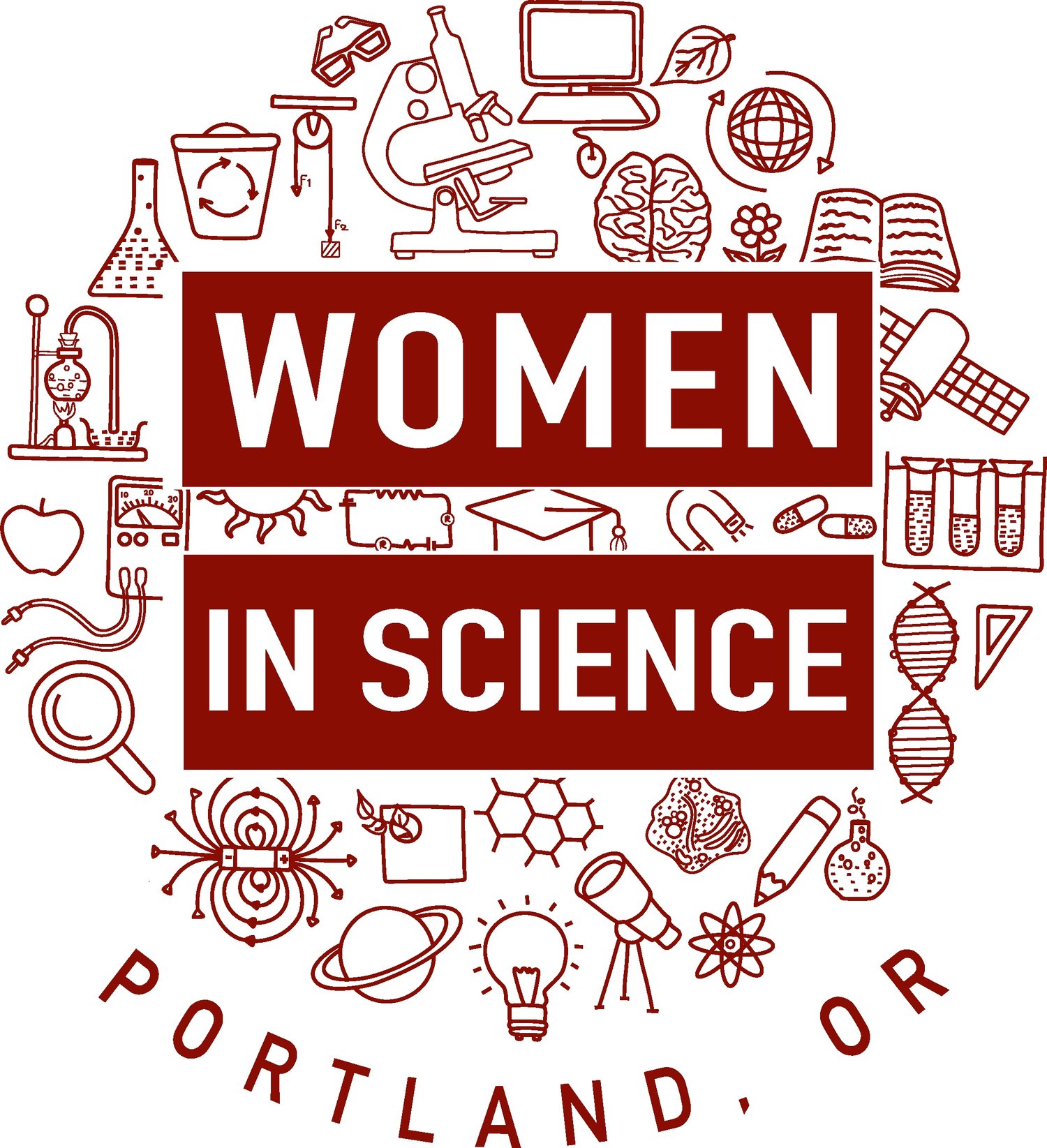Diversity in Genetics
My friends and I often joke that ancestry tests like 23andMe are ‘a white-people pastime.’ Turns out, the data bears itself out on this. In genetic screenings for disease, people of non-white descent are disproportionately likely to receive results that reveal “variants of uncertain significance” (read more here). While it must be emphasized that all humans have essentially the same genetic makeup, the 0.1% variation across individuals can be the link that causes certain groups to be more susceptible to certain diseases. Furthermore, researchers are finding that environmental factors significantly affect gene expression. Unfortunately, the vast majority of participants that make up genomic databases are white. Distrust of medical institutions that have exploited Black participants (see: the Tuskegee syphilis experiment, Henrietta Lacks) can be a barrier for Black folks enrolling in studies. The lack of diversity in the scientific community itself can also reproduce these inequities, as people who are easier to recruit look like the scientists themselves. Sharing the same language and culture can build rapport and inroads into communities. Ultimately, genetics is a field fraught with issues regarding race; those who have been historically most exploited by biomedical researchers are those who have benefited the least. In order to make reparations and change for the future, concrete steps have to be taken to make science accessible and safe for all (read more here).


Natalie Wang is currently working on her undergraduate degree in neuroscience at Johns Hopkins University as a Hodson Trust Scholar. Her research interests are in DNA damage and repair, as well as post-operative delirium in elderly patients. Natalie started volunteering with WIS PDX in 2019 as a member of the outreach and education team. When not listening to music or doom-scrolling on Twitter, she can be found checking closets for Narnia.
